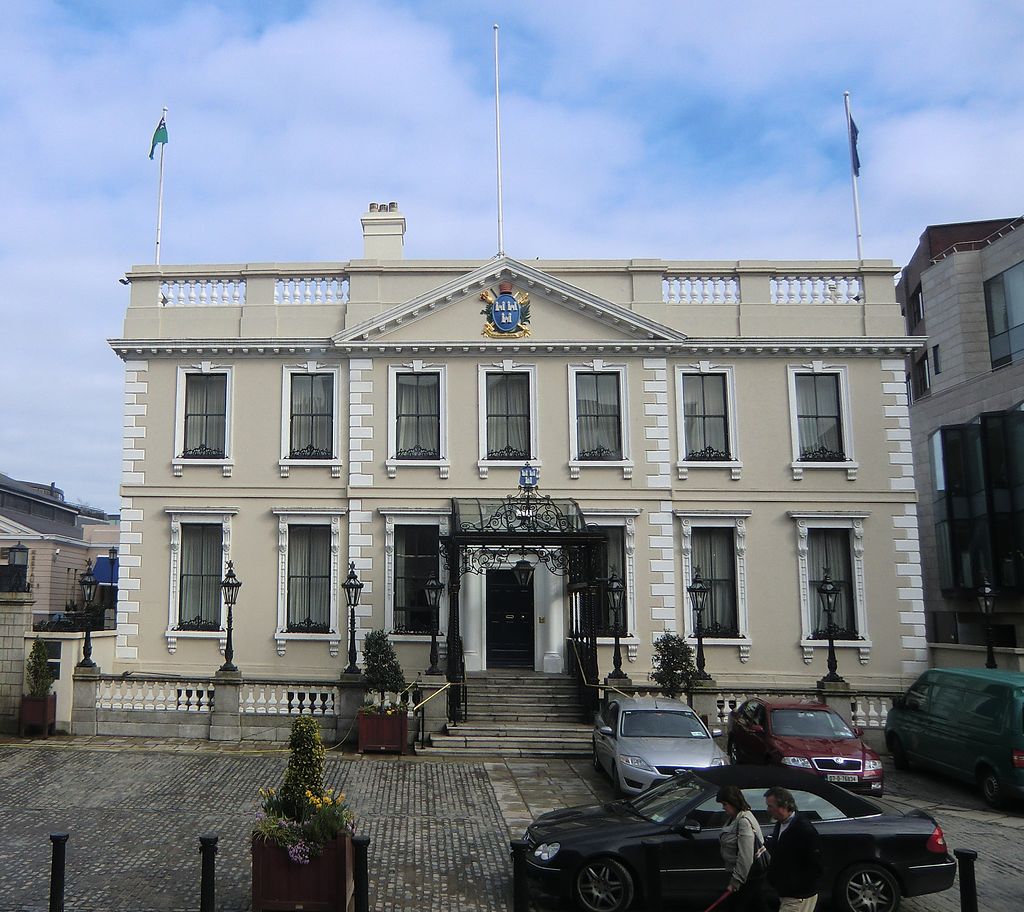Directly elected mayors (DEMs) have been proposed as the solution to the general malaise in local government. But it is arguable that the problems with local government run deeper than can be resolved by giving someone chosen by the electorate a five-year term as mayor.
In the case of Limerick city and county, a plebiscite was held to approve the principle of directly electing the mayor. The idea was very narrowly approved by a margin of 52.4 per cent (38,122 votes) to 47.6 per cent (34,573 votes). Voters in Cork and Waterford rejected the idea by narrower margins.
An Implementation Advisory Group, chaired by Tim O’Connor, has produced a very impressive plan for legislating for the election of a DEM for a five-year term from 2024 to 2029. The areas of competence proposed for the Limerick DEM are huge in scale — almost daunting. The responsibilities to be cast on the mayor are so varied that it would probably take a year for the office holder to get on top of job. He or she would probably need a personally appointed cabinet to function effectively.
But the elephant in the room is the money problem. It is all very well getting powers equivalent in scope to a government minister. But unless a DEM can get the resources to implement policies, the results will be disappointing. If resources are largely determined and allocated by national ministers and departments, the DEM will be little more than a local administrator.
It has often been said that Ireland has local administration rather than local government. The county manager system (now described as chief executives) is a system of prefectures which has largely emasculated local democracy. Local authority members have little or no effective control over the great bulk of their revenues or expenditures.
Unlike English councillors, Irish local authority members have no role in decisions on individual planning applications. Their functions in relation to city and county development plans are now heavily circumscribed by directives from the minister and by the new powers conferred on the Office of the Planning Regulator.
Irish councillors have to play an elaborate game of secret deference to their chief executives in order to progress their personal agendas on local matters. The balance of power lies with the executive; councillors who disregard that balance lose their capacity to appear effective in the eyes of their voters.
Perhaps we should consider making the office of councils’ chief executive officers less permanent and powerful by providing that it is held at the pleasure of the elected members or a qualified majority of them. That could be done in tandem with the extension of DEMs across our system of councils.
If DEMs are going to be leaders of their local authorities, they will need to tackle the housing crisis. If you open a legal textbook on Irish local government, you will see elaborate provision in statute for the discharge by local authorities of functions as planning authorities and housing authorities. They have a legal duty to plan and provide for adequate housing under the Planning and Development Acts and the Housing Acts.
Corresponding with those duties are huge powers of compulsory acquisition, construction project initiation and oversight, zoning and control.
These powers exist on paper but seem to be too burdensome for council executives to exercise them.
Dublin City Council seems to concentrate its efforts on demolishing and redeveloping its own housing schemes as in the sagas of Ballymun, O’Devaney Gardens, St Theresa’s Gardens, Fatima Mansions etc. And the term “concentrating its efforts” is rather charitable in this context, to put it mildly. Ballymun was so badly managed and maintained by the council that it had to be “regenerated” after 40 years.
Dún Laoghaire-Rathdown County Council did nothing for 18 years with more than 20 acres which it acquired at Shanganagh for social and affordable housing. Shamefully, it is only now being handed over to the Land Development Agency for development to commence.
It is pitiful to see so many homes boarded up on the ground floors of Dublin City Council’s own apartment blocks. Chancery House near the Four Courts was badly neglected by the council for years but is now a secure and well-maintained social housing project. Providing and maintaining social housing requires effort and imagination, such as we see in the Iveagh Trust complexes.
We need a positive plan for supplying homes — social, affordable and private — in liveable cities. Housing authorities need to drive the process themselves and not be lazy and jaded spectators in this crisis.
If a tenth of the administrative energy that has been put into traffic management over the last two years had been put into the exercise of housing powers over the last 10 years, things would be a lot, lot better.
Will directly elected mayors succeed where managers abysmally failed?

